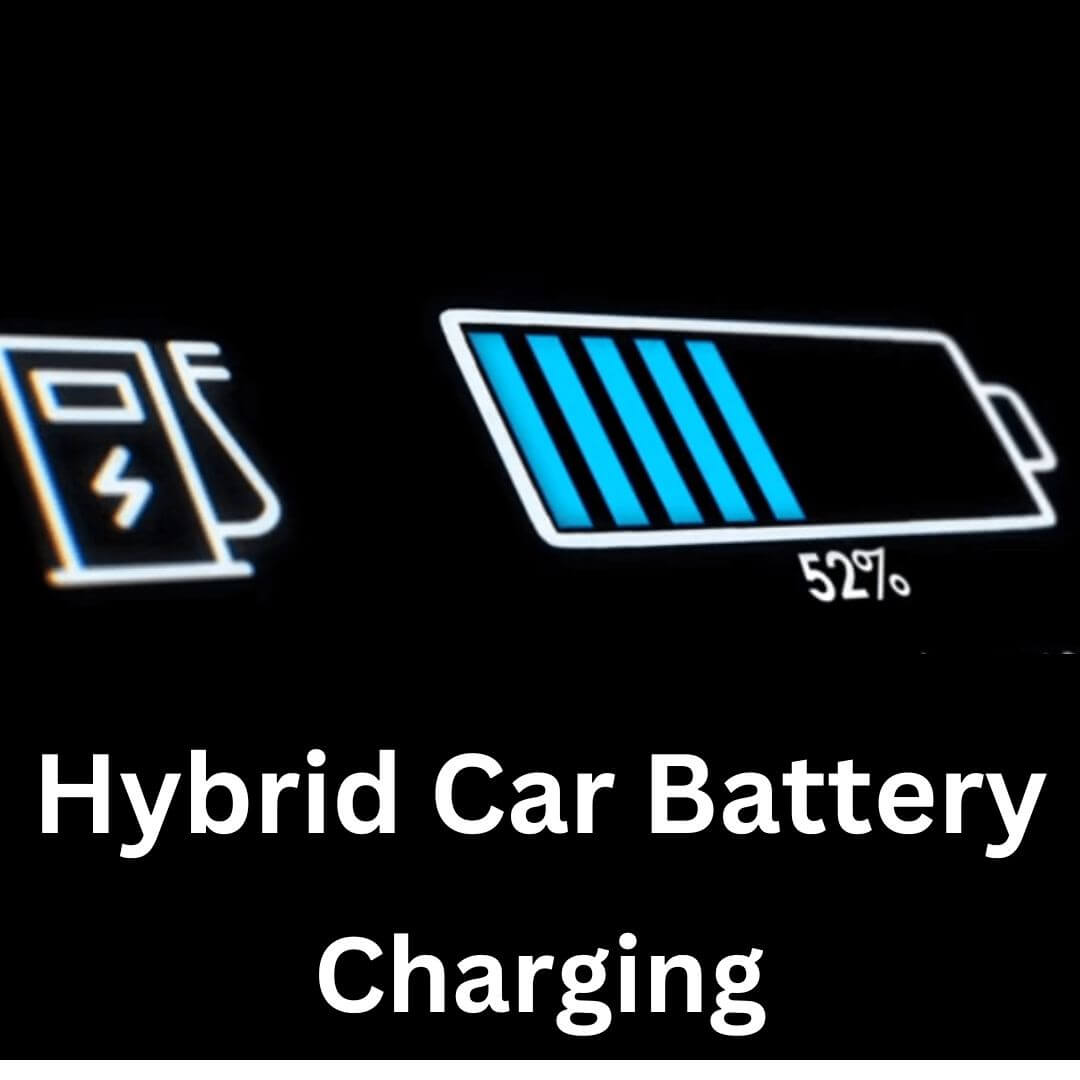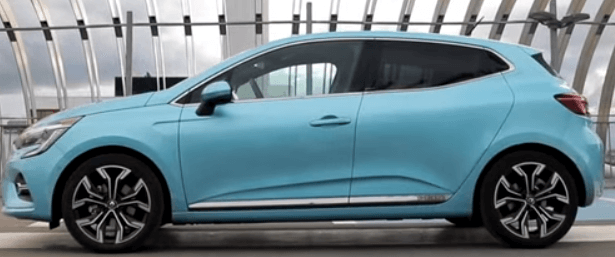What is the downside of a hybrid car? You’ll agree with me when I say hybrid cars have become significantly popular in recent years. People embraced them due to their eco-friendliness feature and as an alternative to traditional gasoline-powered vehicles. They also have benefits such as improved fuel efficiency and reduced emissions, but they still come with their challenges. That makes you ask the question: What is the downside of a hybrid car?
Guys! if I tell you that what makes hybrid cars more acceptable is the promise of reduced fuel consumption and lower greenhouse gas emissions, you will believe me that consumers who are conscious of the environment will choose a hybrid car over a gasoline counterpart. Because it represents a step towards sustainable living. In addition to that, the hybrid car often comes with incentives such as tax rebates and access to carpool lanes, further enhancing their interest.
And while all these advantages of hybrid cars are well said, you need to understand that there are downsides too. We all know that nothing is good without a bad side. Everything in life has pros and cons.
In this post, I will shed light on seven significant issues that potential hybrid car buyers should consider. From high initial cost and limited electric-only range to high cost of maintenance, By the time you read to the end, you will have a comprehensive understanding of the potential drawbacks of hybrid vehicles. If this sounds like something you will want to know more about,. Follow me as I delve right into it.
What is the downside of a hybrid car?
The downside of a hybrid car lies in its higher upfront cost compared to traditional vehicles. While hybrids offer fuel efficiency, the initial cost can be a deterrent. Also, maintenance and repair costs may be higher, and long-term environmental benefits depend on energy sources for electricity and battery disposal.
1. Higher Initial Upfront Cost
One of the most significant downsides of hybrid cars is their high initial upfront cost. Hybrid cars usually come with a higher price tag. If you want to consider the effect of higher initial upfront cost, it comes in two ways: you can compare the purchase price or consider the long-term financial impact.
- Compare Purchase price
Before you buy a hybrid car, try to compare its purchasing price to that of traditional gasoline-powered vehicles. Hybrid cars typically come with a higher price tag. This cost difference is due to the advanced technology and materials used in hybrid systems, such as the electric motor and battery pack. For instance, a hybrid version of a popular sedan can cost several thousand dollars more than its gasoline-only counterpart.
- Consider the long-term financial impact
If you think you can afford the purchase price of a hybrid car because you believe that the higher purchase price can be offset by fuel savings over time, it’s essential to calculate whether the fuel savings will make up for the higher upfront cost, especially if you don’t drive long distances regularly. Additionally, financing a more expensive vehicle can result in higher monthly payments and interest charges, further impacting your budget.
2. Battery life and Replacement
Another downside of a hybrid car is the battery life and replacement. The battery pack is the most important component of a hybrid vehicle, so if there is a need for replacement, it can be an issue. Let’s discuss the average life span of a hybrid car and the expenses of battery replacement.
- Average battery lifespan
The battery pack is a crucial component of any hybrid vehicle, but its lifespan is limited. On average, hybrid car batteries last between 8 and 10 years, or around 100,000 to 150,000 miles. Once the battery reaches the end of its life, its performance can degrade significantly, affecting the overall efficiency and reliability of the vehicle.
- Expenses of battery replacement
Replacing a hybrid car battery is a significant expense, often costing several thousand dollars. This high replacement cost can negate some of the fuel savings accrued over the years. It’s important to consider these potential expenses when budgeting for a hybrid car, as they can substantially impact the vehicle’s long-term affordability.
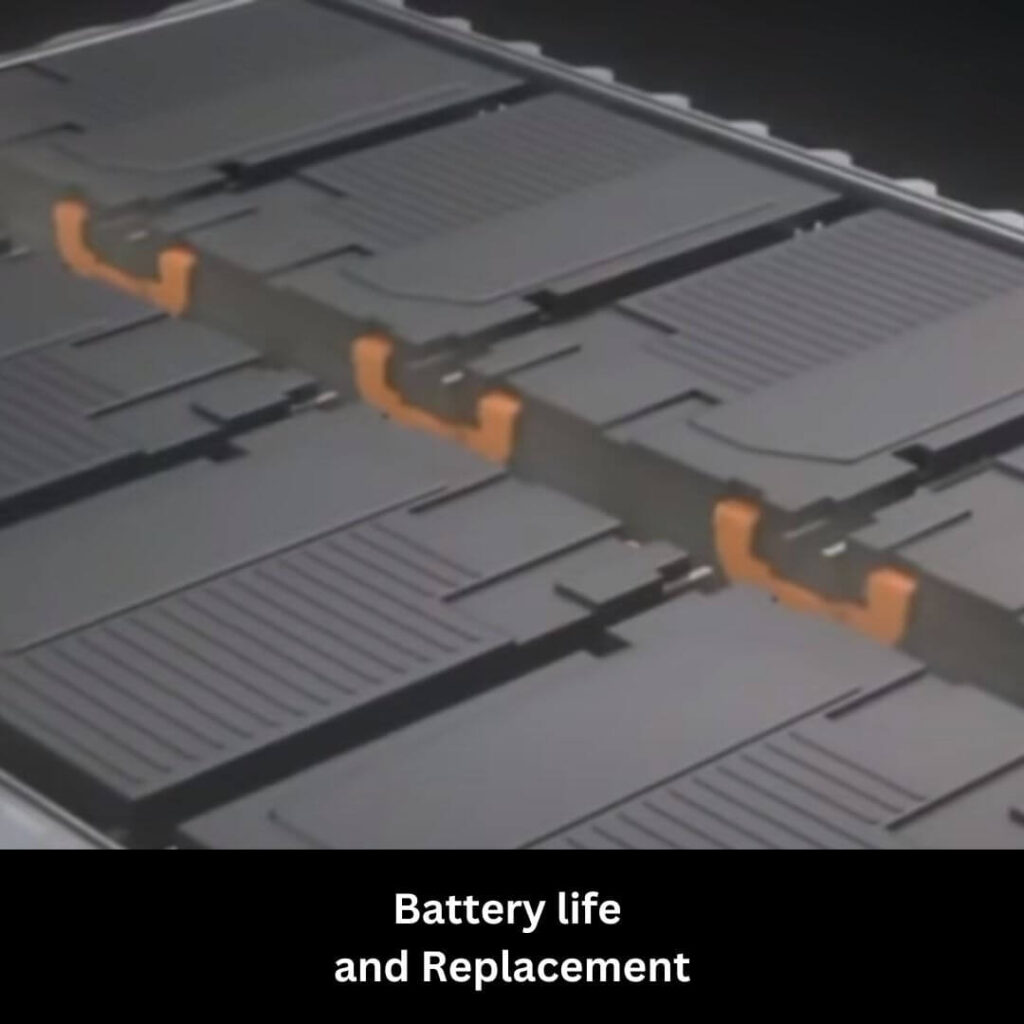
3. Performance Issues
Performance issues is another drawback of hybrid vehicles. Look at it this way:
- Acceleration and power concerns
Hybrid cars are generally designed with fuel efficiency in mind, sometimes at the expense of performance. Many hybrids lack the acceleration and power of their gasoline-only counterparts. This can be a concern for drivers who prioritize a spirited driving experience or need robust performance for tasks such as towing.
- Impact on the driving experience
The driving experience in a hybrid car can differ significantly from that of a traditional vehicle. For instance, the transition between electric and gasoline power can sometimes feel less smooth, and regenerative braking can create a different braking sensation. These differences may take some time to get used to and might not appeal to all drivers.
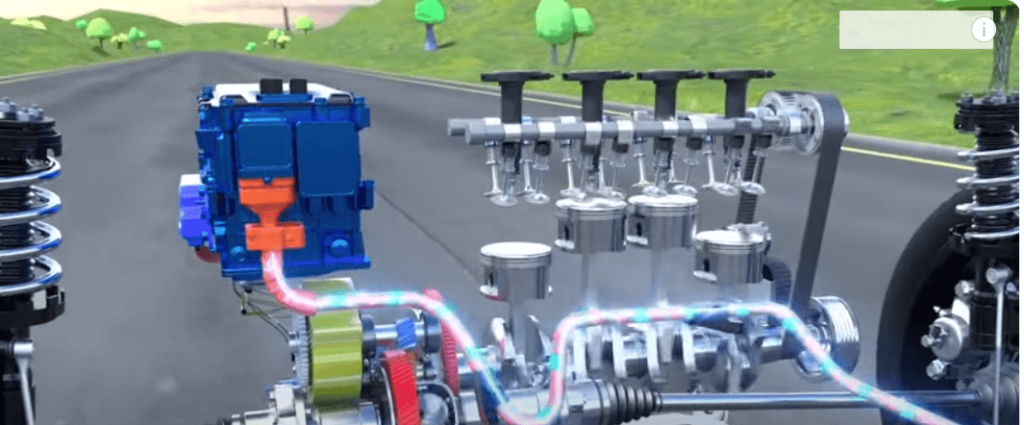
4. Complex Maintenance Requirements
While hybrid cars generally have better fuel economy, there’s less wear and tear on the engine due to the electric motor’s assistance. However, this advantage can turn into a disadvantage when repairs are needed, as the complexity of hybrid systems may lead to higher maintenance costs. check from this angle:
- Higher Maintenance Costs
The complexity of hybrid systems can also lead to higher maintenance costs. Routine services such as oil changes, brake repairs, and battery checks may be more expensive due to the specialized nature of hybrid components. Moreover, hybrid owners might need to visit dealership service centers, where labor rates are typically higher than at independent repair shops.
- Specialized repair services
Hybrid cars have more complex systems compared to traditional vehicles, leading to specialized maintenance and repair needs. The integration of electric motors, battery packs, and regenerative braking systems requires technicians with specific training and expertise. As a result, finding a qualified mechanic can be more challenging and potentially more expensive.
5. Limited Electric-Only Range
Another limitation of hybrid cars is their restricted electric-only range. Hybrid vehicles offer improved fuel efficiency, but their electric-only range is usually limited. They rely on the gasoline engine once the battery charge is depleted. Let’s look at this in two ways:
- Short Trips vs Long Journey
Do you know that most hybrids can only travel a short distance on electric power alone before the gasoline engine kicks in? That alone makes hybrids less ideal for long road trips or for those who frequently travel extended distances. Such people should opt for fully electric vehicles (EVs), which offer longer electric ranges and are suitable for long-distance driving.
- Hybrid cars still depend on gasoline engines.
Despite the presence of an electric motor, hybrid cars still rely heavily on their gasoline engines. This dependence means that you will still need to visit the gas station regularly, diminishing some of the environmental and cost-saving benefits that hybrids promise. So if you are seeking to minimize your carbon footprint, this dependence on gasoline can be a significant drawback.
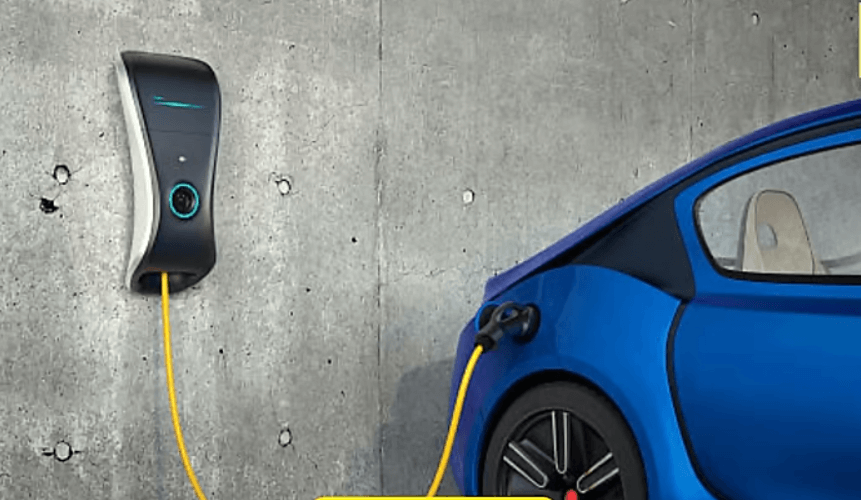
6. Resale Value Uncertainty
Depreciation Rate
Like all vehicles, hybrid cars depreciate over time, but their depreciation rates can be less predictable. Factors such as battery life, technological advancements, and market demand can all influence how quickly a hybrid car loses value. Some hybrids retain their value well, while others may depreciate faster than expected.
Market demand for used hybrids
The resale market for hybrid cars can be uncertain. While there is growing interest in eco-friendly vehicles, the demand for used hybrids can fluctuate based on fuel prices, advancements in technology, and consumer preferences. Potential buyers may also be wary of the remaining battery life and potential replacement costs, impacting the resale value.
7. Environmental Impact Misconception
Hybrid cars are seeing as eco-friendly cars, but their battery production may say otherwise.
- Production and disposal of batteries
While hybrid cars are marketed as environmentally friendly, it’s essential to consider their full environmental impact. The production of hybrid batteries involves mining and processing materials such as lithium, cobalt, and nickel, which can have significant environmental and social consequences. Additionally, disposing of used batteries presents further environmental challenges, as they contain hazardous materials that require careful handling and recycling.
- Overall carbon footprint
When evaluating the environmental benefits of hybrid cars, it’s important to consider the entire lifecycle of the vehicle. While hybrids emit fewer greenhouse gases during operation than conventional cars, their overall carbon footprint includes manufacturing, battery production, and disposal emissions. In some cases, the total environmental impact of a hybrid car may be higher than anticipated.
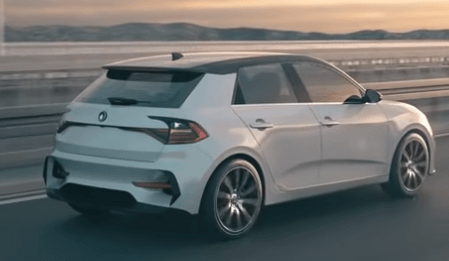
You can also read: What is a Hybrid Car?
Take Away
The decision to invest in a hybrid car requires careful consideration of both the benefits and drawbacks. You need to understand the potential downsides, such as high initial costs, limited electric range, complex maintenance, battery issues, performance concerns, resale value uncertainty, and environmental impact misconceptions.
Ultimately, your choice to purchase a hybrid car should be based on a comprehensive evaluation of your lifestyle and priorities. If environmental concerns and fuel efficiency are high on your list, and you can manage the associated costs and maintenance requirements, a hybrid car may be a worthwhile investment. However, if performance, long-term financial impact, or resale value are more critical factors, you might want to explore other options.
Trust me, Hybrid cars represent an important step toward more sustainable transportation, but they are not without their challenges. By thoroughly understanding the potential downsides, you can make a more informed and confident decision. Consider test-driving multiple models, researching maintenance options, and calculating long-term costs before making your choice. Whether you opt for a hybrid or another type of vehicle, making an informed decision will ensure that your investment aligns with your needs and values.
Share your thoughts with me; you might just save someone. Drop your comments, suggestions, and questions below.

With Over 7 years of experience dealing with car owners as a car lease agent, I have gained matchless car knowledge to help every car owner know what exactly is wrong with their cars.

